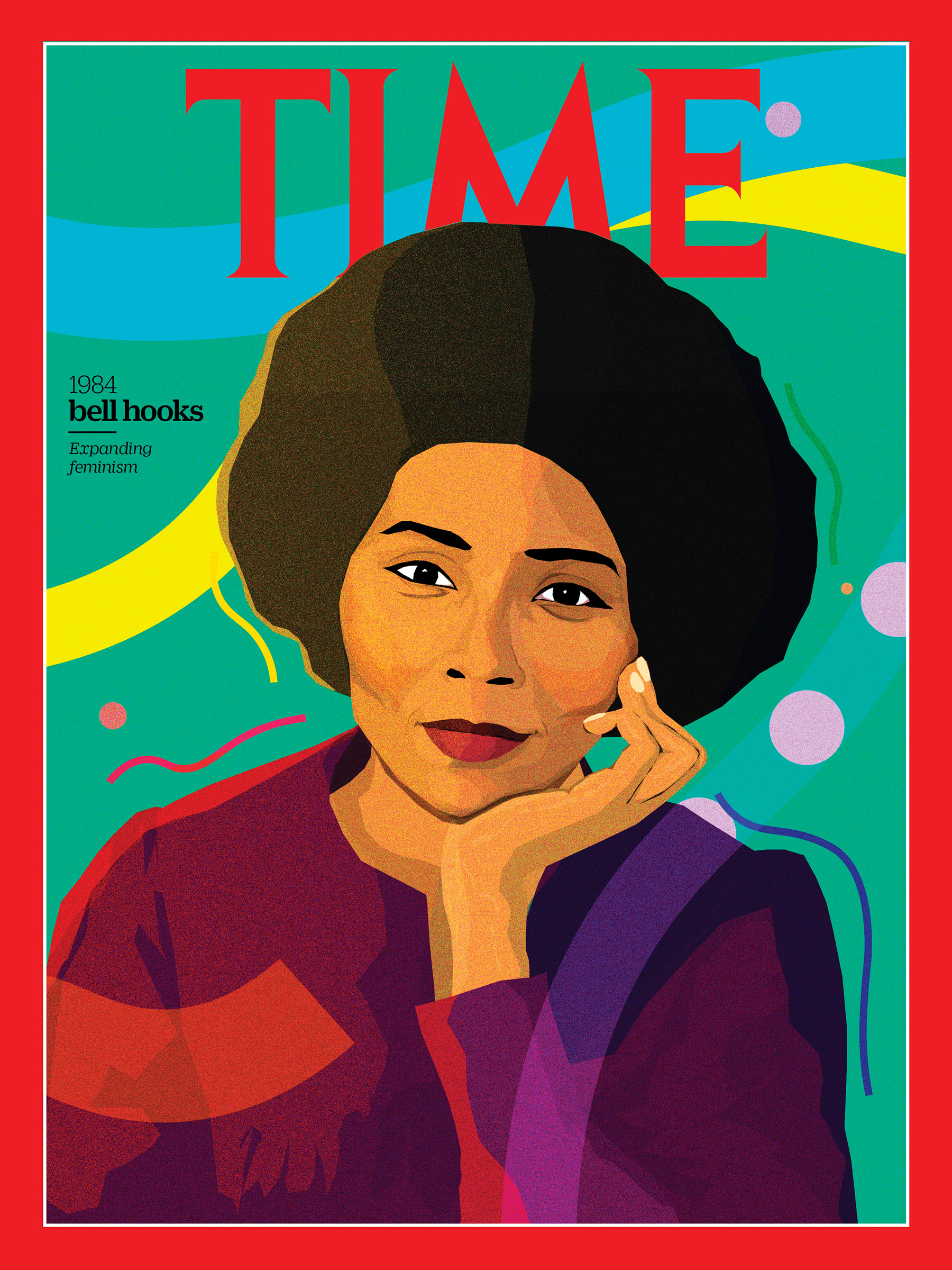Gloria Jean Watkins, who writes under the name bell hooks, turned 18 in 1970. That year, Toni Cade Bambara’s anthology The Black Woman featured emerging black women whose voices would shift the way America thought about gender, race and class, Alice Walker and Toni Morrison among them. Those novelists, along with playwright Ntozake Shange and essayists Paule Marshall and Michele Wallace, spent the decade turning the literary world inside out. hooks’ work embodies the fullness of these thinkers who influenced her but is singular in the way it articulates a complicated set of intersecting oppressions. In 1984’s Feminist Theory: From Margin to Center, she critiqued the way mainstream feminism sidelines women of color. “Throughout the work my thoughts have been shaped by the conviction that feminism must become a mass based political movement if it is to have a revolutionary, transformative impact on society,” she wrote.
If hooks had believed in behaving, she would have stayed in academia. Instead, she became that rare rock star of a public intellectual who reaches wide by being accessible. For generations of black girls, hooks has been a rite of passage. I read her seminal essay collection Ain’t I a Woman as a film student reading Laura Mulvey’s essays about the male gaze and writing about NWA’s misogyny. Like a superfan, I began publishing my name in lowercase. Today, as we push back against those who wish to stymie progress on every front, the clear way she unpacks what it means to be a black feminist, a praxis that requires we take on class and race and gender, could not be more important. —dream hampton
hampton is a writer and an award-winning filmmaker
This article is part of 100 Women of the Year, TIME’s list of the most influential women of the past century. Read more about the project, explore the 100 covers and sign up for our Inside TIME newsletter for more.
